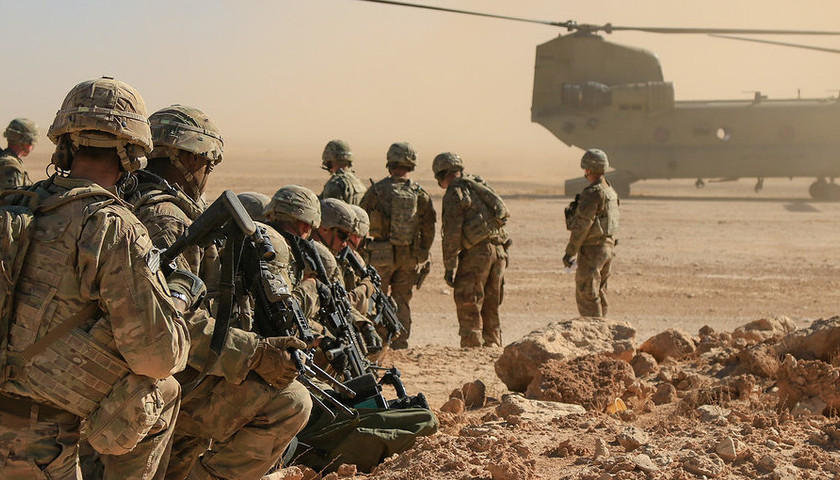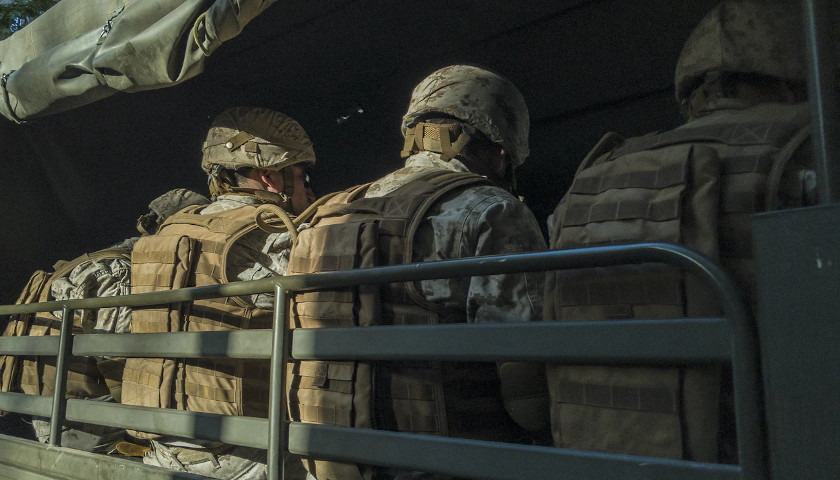by Brandon J. Weichert The United States has a problem: It has a military-industrial complex built on assumptions about international security dating from the last century. Despite maintaining a larger defense budget than the next 10 countries behind it, the United States has been painfully slow to respond to the new, relatively cheap, threats of the 21st century. Our foreign-policy establishment continues to view today’s asymmetrical threats in 20th-century terms. Doing so allows the defense establishment to remain within its proverbial comfort zone of large budgets, even larger bureaucracy, and highly-centralized authority in Washington, D.C. America’s defense establishment today is a microcosm of the entropy befalling Western political institutions in general. The longer we fail to adapt to today’s various threats, the more unsafe we are. What’s more, the standard operating procedures that have defined American military policy are no longer applicable today. Like the defense establishments of Europe in 1914, our modes of deterrence are ill-suited for the new century. Unlearning Lessons of the Past As military historian Hew Strachan describes in his excellent 2003 book, The First World War, the way that European leaders in the run-up to that conflict conceptualized the “Balkan Crisis,” and the way…
Read the full story

















